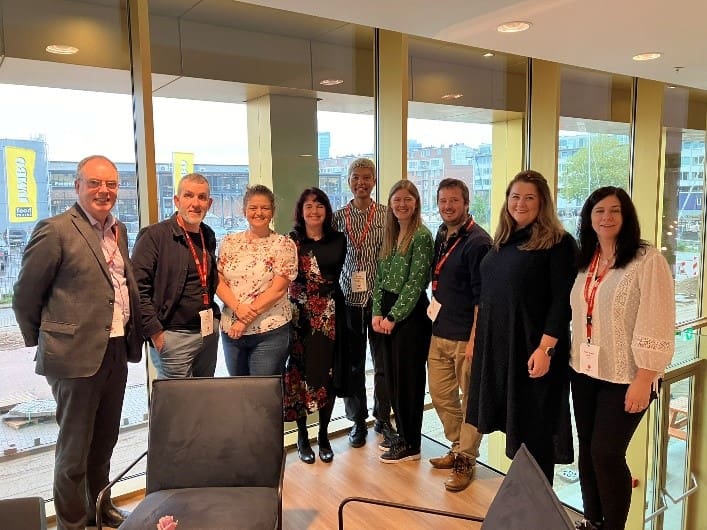Overview
Social Inclusion encapsulates a broad range of areas across the British-Irish Council’s eight member administrations, such as reducing barriers for individuals accessing services or fully participating in political, economic, and social life.
This is a subject of great cross-cutting interest across these islands and allows for cross-pollination and collaboration.

Lead Administration
The Social Inclusion Work Sector was established at the first BIC summit in 1999 and is jointly chaired by representatives from the Scottish and Welsh Governments.

Current Focus
Since 2018, the Social Inclusion Work Sector has considered how best to support the development of Social Enterprises. Ministers met in 2022 to approve a programme focused on how officials across these islands could explore the opportunities offered by the social enterprise sector. The current focus is on:
- Examining the role of social enterprises in building sustainable communities and resilient local economies;
- Understanding the contribution of social enterprises to the climate change agenda;
- Considering how to raise awareness of the importance and potential of social enterprises to contribute to more inclusive and sustainable societies;
- Encouraging engagement and collaboration across the BIC’s eight administrations and to share best practice.
In 2023, the work sector attended the Social Enterprise World Forum in Amsterdam which developed and deepened connections with social enterprises from across these islands as well making new contacts with those further afield.

 Environment
Environment
 Transport
Transport
 Energy
Energy
 Indigenous, Minority and Lesser-Used Languages
Indigenous, Minority and Lesser-Used Languages
 Creative Industries
Creative Industries
 Social Inclusion
Social Inclusion
 Planning and Places
Planning and Places
 Housing
Housing
 Early Years
Early Years
 Drugs and Alcohol
Drugs and Alcohol

